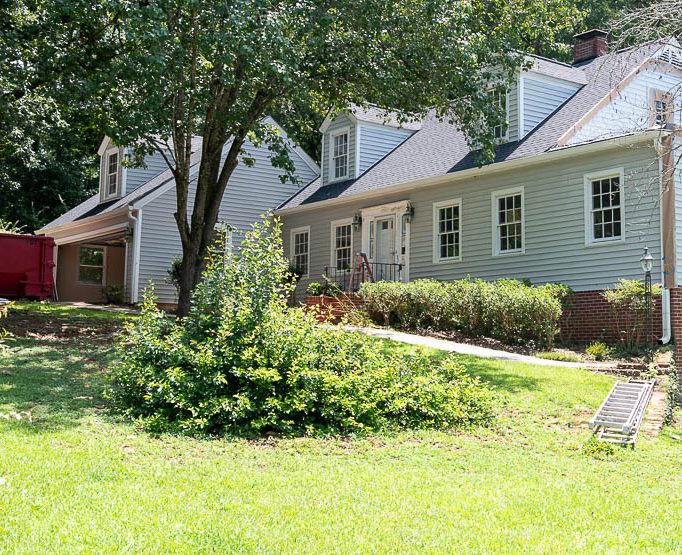 Unfortunately, fraud and identity theft are increasing at an alarming rate every year, and mortgage fraud is one of the most important types of fraud from which you will want to protect yourself. So what constitutes mortgage fraud, and how can you prevent this from happening to you?
Unfortunately, fraud and identity theft are increasing at an alarming rate every year, and mortgage fraud is one of the most important types of fraud from which you will want to protect yourself. So what constitutes mortgage fraud, and how can you prevent this from happening to you?
What Is Mortgage Fraud?
Essentially, mortgage fraud is defined by the FBI as any material misstatement, misrepresentation, or omission relied upon by an underwriter or lender to fund, purchase, or insure a loan. There are several different types of mortgage fraud, and each is a serious offense that can have a huge impact on you and your credit. Here is a basic list of the most common types of mortgage fraud.
- Undisclosed Kickbacks—This includes any financial deals between a buyer and seller that are not included in the mortgage documents.
- Falsifying Income—Inflating your income is a serious offense on any loan document, especially a mortgage.
- Undocumented Non-Owner Occupancy—Rates and other fees can be higher for income and rental properties, but resist the temptation to hide this fact in order to save money.
- Inflated Purchase Price—In some cases this method is used to obtain a higher appraisal of a property, but it is illegal and may cost you your home.
How To Protect Yourself
The purchase of your home will probably be the greatest financial investment you will ever make. Ensuring that you know what constitutes mortgage fraud is half the job, but it is also important to know how to protect yourself from professionals who may not have your best interests in mind. In general the best method is to ensure that your real estate agent and mortgage lenders are professionals with considerable experience, professional credentials, and good references. It is also important to keep in mind that if an offer seems too good to be true, or if you feel that your REALTOR® or lender has given you advice that sounds as if it might fall under the category of mortgage fraud, you seek the advice of another professional. In this way you can avoid getting yourself into what may be a potential financial disaster.
Your property is not only your home, but also your greatest asset, and losing it to mortgage fraud can be avoided when you are armed with these facts.

 Facebook
Facebook
 X
X
 Pinterest
Pinterest
 Copy Link
Copy Link


